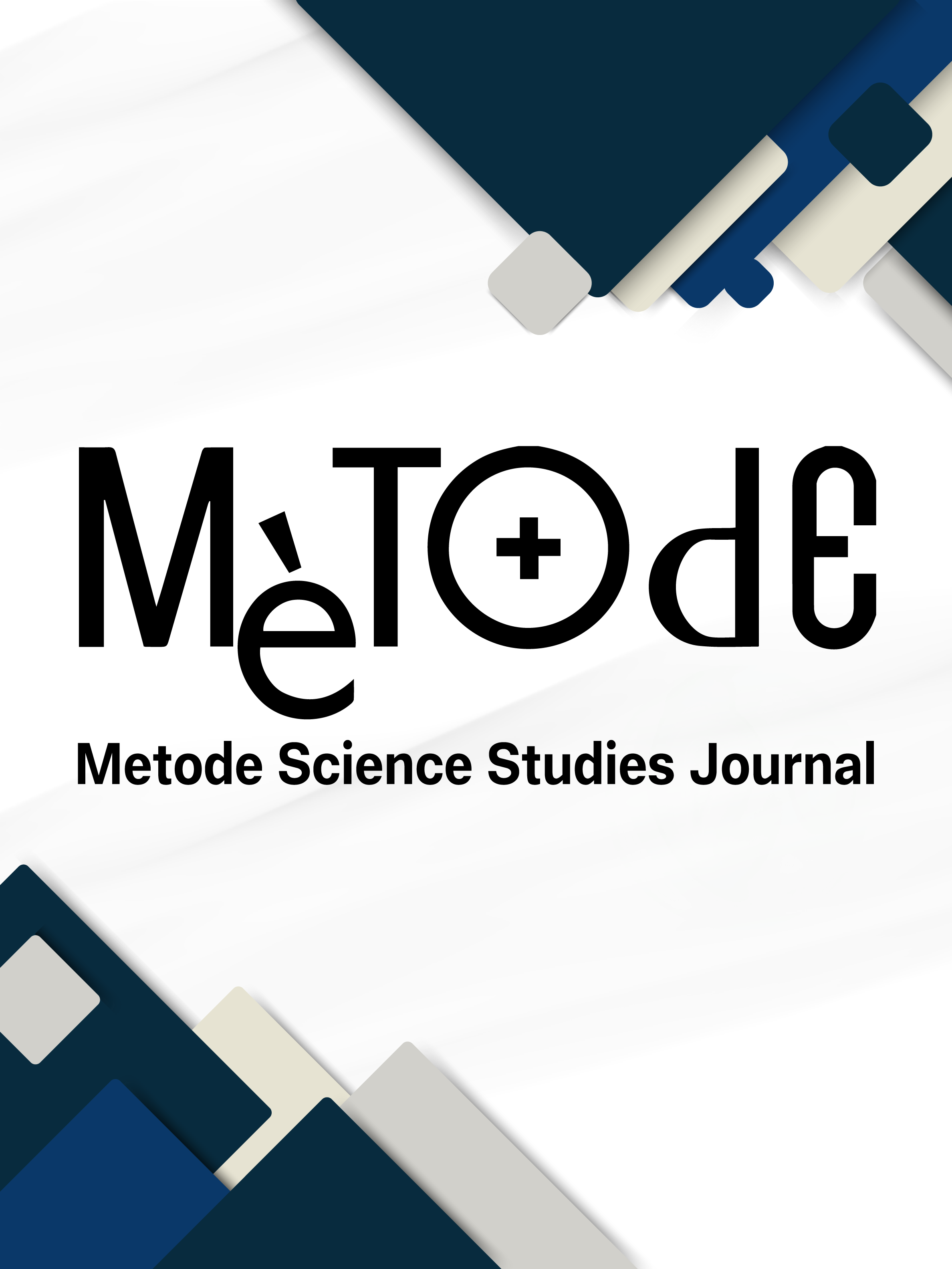Sustainable nitrogen fixation
Agrochemical research in food production adapted to planetary limits
DOI:
https://doi.org/10.7203/metode.15.27595Keywords:
nitrogen fixation, ammonia synthesis, Haber-Bosch process, sustainability, fertilisers Abstract
Abstract
Today’s global food production depends on the fixation of atmospheric nitrogen by using the Haber–Bosch process. The application of this catalytic system laid the foundations for the development of industrial agriculture and led to an unprecedented acceleration in the growth of human societies during the so-called Green Revolution. However, it appears that this production model will not be able to adapt to the current challenges of energy sustainability and climate crisis response. The Haber–Bosch cycle has a major impact on energy consumption and carbon dioxide emissions. In order to rethink this agri-food model, this present article examines chemical and technological development strategies to move towards an energy and environmentally sustainable model.
 Downloads
Downloads
 References
References
Brown, S., & Hu, J. (2023). Review of chemical looping ammonia synthesis materials. Chemical Engineering Science, 280, 119063. https://doi.org/10.1016/j.ces.2023.119063
Cordell, D., Drangert, J. O., & White, S. (2009). The story of phosphorus: Global food security and food for thought. Global Environmental Change, 19(2), 292–305. https://doi.org/10.1016/j.gloenvcha.2008.10.009
MacFarlane, D. R., Cherepanov, P. V., Choi, J., Suryanto, B. H. R., Hodgetts, R. Y., Bakker, J. M., Ferrero Vallana, F. M., & Simonov, A. N. (2020). A roadmap to the ammonia economy. Joule, 4(6), 1186–1205. https://doi.org/10.1016/j.joule.2020.04.004
Marnellos, G., & Stoukides, M. (1998). Ammonia synthesis at atmospheric pressure. Science, 282(5386), 98–100. https://doi.org/10.1126/science.282.5386.98
Nguyen, D. L. T., Tekalgne, M. A., Nguyen, T. H. C., Dinh, M. T. N., Sana, S. S., Grace, A. N., Shokouhimehr, M., Vo, D.-V. N., Cheng, C. K., Nguyen, C. C., Kim, S. Y., & Le, Q. V. (2021). Recent development of high-performance photocatalysts for N2 fixation: A review. Journal of Environmental Chemical Engineering, 9(1), 104997. https://doi.org/10.1016/j.jece.2020.104997
Novoa-Cid, M., & Baldovi, H. G. (2020). Study of the photothermal catalytic mechanism of CO2 reduction to CH4 by ruthenium nanoparticles supported on titanate nanotubes. Nanomaterials, 10(11), 2212. https://doi.org/10.3390/nano10112212
Peng, P., Chen, P., Schiappacasse, C., Zhou, N., Anderson, E., Chen, D., Liu, J., Cheng, Y., Hatzenbeller, R., Addy, M., Zhang, Y., Liu, Y., & Ruan, R. (2018). A review on the non-thermal plasma-assisted ammonia synthesis technologies. Journal of Cleaner Production, 177, 597–609. https://doi.org/10.1016/j.jclepro.2017.12.229
Wang, L., Xia, M., Wang, H., Huang, K., Qian, C., Maravelias, C. T., & Ozin, G. A. (2018). Greening ammonia toward the solar ammonia refinery. Joule, 2(6), 1055–1074. https://doi.org/10.1016/j.joule.2018.04.017
Wu, F., & Butz, W. P. (2004). The green revolution. In The future of genetically modified crops (pp. 11–38). RAND Corporation.
Zhao, K., Jia, C., Li, Z., Du, X., Wang, Y., Li, J., Yao, Z., & Yao, J. (2023). Recent advances and future perspectives in carbon capture, transportation, utilization, and storage (CCTUS) technologies: A comprehensive review. Fuel, 351, 128913. https://doi.org/10.1016/j.fuel.2023.128913
Downloads
Published
How to Cite
-
Abstract263
-
PDF33
Issue
Section
License
Copyright (c) 2024 CC BY-NC-ND 4.0

This work is licensed under a Creative Commons Attribution-NonCommercial-NoDerivatives 4.0 International License.
![]()
All the documents in the OJS platform are open access and property of their respective authors.
Authors publishing in the journal agree to the following terms:
- Authors keep the rights and guarantee Metode Science Studies Journal the right to be the first publication of the document, licensed under a Creative Commons Attribution-NonCommercial-NoDerivatives 4.0 International License that allows others to share the work with an acknowledgement of authorship and publication in the journal.
- Authors are allowed and encouraged to spread their work through electronic means using personal or institutional websites (institutional open archives, personal websites or professional and academic networks profiles) once the text has been published.





